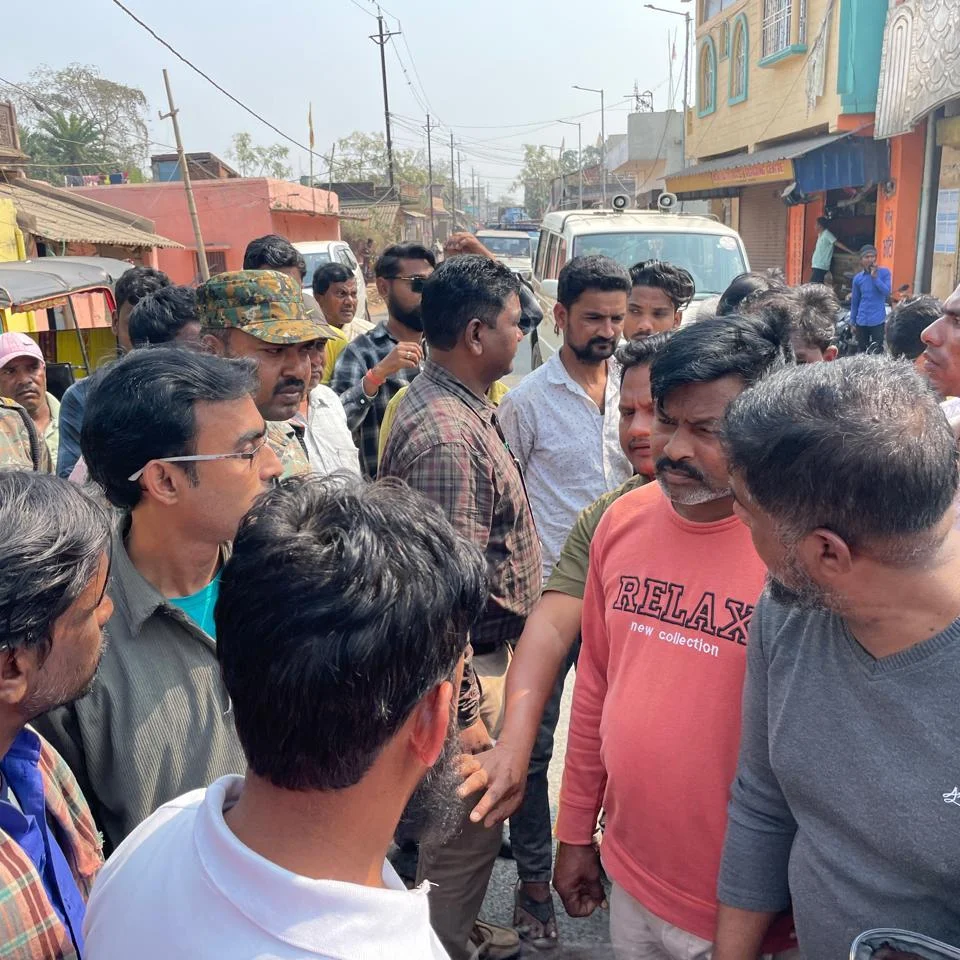Residents of Muslim Basti in Chakulia Nagar Panchayat, Jamshedpur, India, took to the streets on Tuesday to protest against pollution. The community blocked the Chakulia-Dhalbhumgarh main road, demanding immediate action to address the harmful pollution from a nearby mushroom factory and rice mill. The road blockade caused significant traffic disruptions as villagers voiced their concerns and frustrations.
Pollution Protest Disrupts Traffic
The road blockade lasted for approximately one hour, causing inconvenience to commuters. Responding to the situation, Circle Officer (CO) Naveen Purti arrived at the scene. CO Purti engaged in discussions with the protestors and successfully persuaded them to clear the road, restoring traffic flow. The core issue remains the persistent pollution impacting the local community’s health and well-being. The community feels unheard and is demanding immediate action.
Villagers’ Grievances
The villagers claim they have repeatedly reported the pollution problem to various authorities. These officials include the Member of the Legislative Assembly (MLA), Deputy Commissioner (DC), Pollution Department, Sub-Divisional Officer, Circle Officer, Block Development Officer (BDO), and Nagar Panchayat (NP). However, despite these complaints, the pollution continues unabated, causing significant distress among the residents.
The lack of response from the authorities has left the villagers feeling ignored. Consequently, they resorted to blocking the road as a last resort to draw attention to their plight. The community is calling for immediate and effective measures to curb the pollution. They want to improve the environmental quality of their neighborhood. You might also want to read about other environmental protests in India for context.
This protest underscores the challenges faced by communities grappling with industrial pollution. The residents took drastic steps to make their voices heard, given what they see as inaction from authorities. This situation raises serious questions about how environmental regulations are enforced, particularly in rural areas. It also emphasizes the need for greater accountability and responsiveness from local governing bodies.
